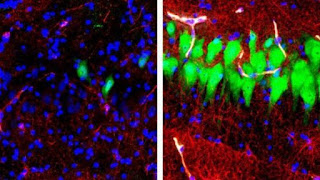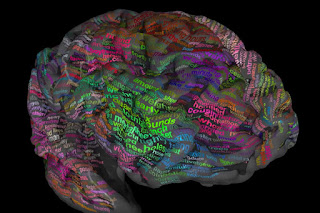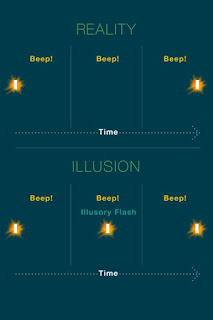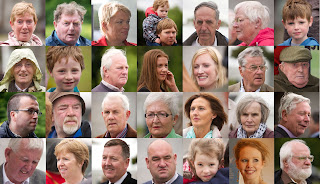Reviving Dead Brain Cells "Mind Blowing Research"

Yale University Breakthrough Research Source: Yale School of Medicine - Pig Brain Cells Before (Left) and After (Right) May Lead to New Therapies for Brain Injuries and Stroke Experts in neuroscience are calling this research at Yale School of Medicine "mind blowing". Results that put into question the fundamentals of neuroscience. Yale neuroscientists have restored basic cellular activity in the brains of pigs 4 hours after they died. Furthermore, the cells were able to maintain function for six hours. Their hope is this research will lead to new therapies in treating human brain injuries and stroke that cause cells in the brain to die. BrainEX It took the scientists six years to create a system to do what was considered the impossible - bringing dead brain cells back to life. They call it BrainEx. They successfully used it on 300 dead pigs they acquired from a nearby pork processing plant. The scientists say no animals were sa...








